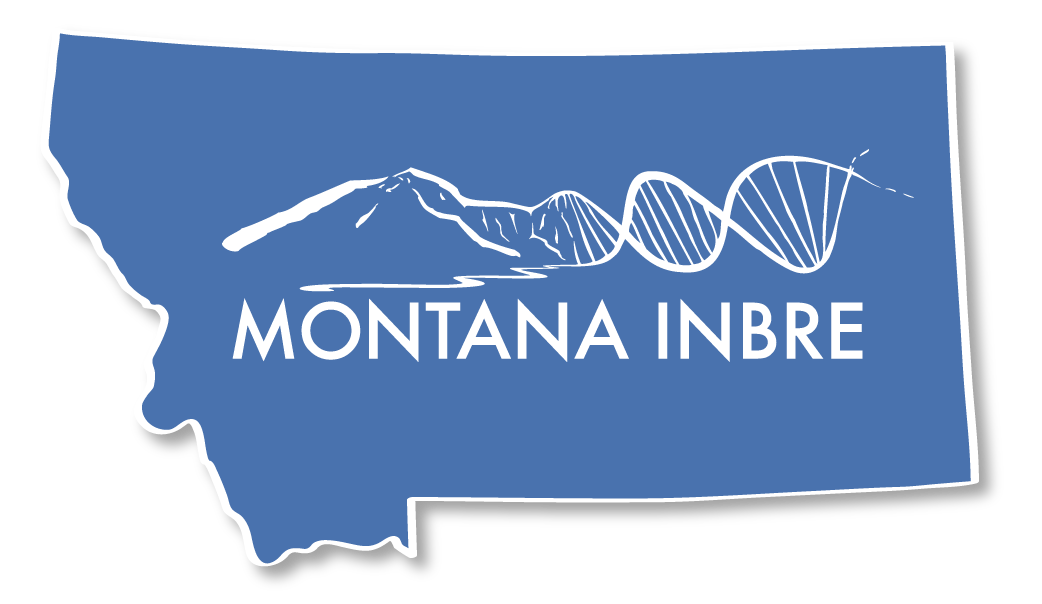Jonathan Patz Discusses ECOHEALTH: A Look at Global Warming and its Consequences
November 20, 2007
The World Health Organization (WHO) has announced that the theme of World Health Day 2008 will be Protecting Health from Climate Change. As we learn more about climate change and its effects on people and the environment, it is clear that public health is one area where action is critical. Dr. Jonathan Patz, Associate Professor of Environmental Studies and Population Health Sciences at the University of Wisconsin-Madison and Adjunct Associate Professor in the Department of Environmental Health Sciences at the Johns Hopkins Bloomberg School of Public Health addressed the impacts of climate change on public health and well-being in his November 20th Caf Scientifique presentation.
Climate change is one of the most serious environmental health challenges weve ever faced, noted Patz as he addressed the crowd of more than 75 attendees. The world is now recognizing that global warming is serious. As a Lead Author on several United Nations Intergovernmental Panel on Climate Change (IPCC) reports and World Health Organization (WHO) monographs on climate change, Dr. Patz is especially tuned-in to these issues.
Climate change is not just about changing climate and changing water resources and food supplies; its about our health, Patz emphasized. The ways that climate change can impact health are numerous, including smog exposure, pollen, infectious diseases, water issues, and extreme events such as hurricanes or droughts. The American Public Health Association agrees that we cannot ignore these issues any longer; Patz noted that the Association plans to make Climate Change the theme of their annual Public Health Week.
Dr. Patz discussed changes in rainfall patterns as one way that climate change may cause a ripple effect on health and disease. In recent years, climate change has made heavy rainfall events more probable, and when large amounts of rain fall at once, the likelihood of contamination increases. Patz says, Two-thirds of waterborne disease outbreaks are preceeded by heavy rainfall.
The IPCC has done extensive work on climate change and its causes and consequences, and was recently awarded a Nobel Prize for its efforts. Dr. Patz cited a recent report by this group that notes that with 90% certainty, the warming that we are experiencing is the result of human activity such as burning fossil fuels and deforestation. Such knowledge may be an important wake-up call, as well as a motivator for action. As Patz says, If were causing it, maybe we can do something to stop it.
The United States has a special role to play in putting the brakes on global warming. Patz noted that the U.S. contributes greatly to the problem of global warming, and needs to be a strong force for change. In the last 50 years he said, the United States is by far the most responsible for global warmingPer capita, we emit six times more greenhouse gases than the average global citizen.
Other countries, such as China, are producing more and more greenhouse gases as their population and technological activity increase, and the U.S. may have a large role to play in helping limit the negative impacts this has on the environment. The U.S. must lead by example and address our own consumption issues. If the United States is the number one responsible country for causing global warming and doesnt takea very strong leadership role, asks Patz, Wheres the signal to China to do anything at all?
The population of the United States has a lot to gain from sustainable solutions addressing global warming. 60% of U.S. residents do not achieve the minimum recommend amount of exercise for health, according to Patz. He suggested that perhaps if we focus on making our communities more walkable or bikeable, we might address long-term health issues at the same time we combat global warming. The Co-benefits of these positive changes, according to Patz, include increased fitness, increased social capital, and decreased negative impacts on climate.
There are several priorities for immediate action in terms of Public Health, in Dr. Patzs opinion. These include early warning/response systems for emergencies such as hurricanes, floods, or fires; prevention of long-term diseases; decreasing greenhouse gases in the atmosphere; and reducing our reliance on industrial agriculture and meat consumption.
When asked whether he thinks that our efforts may be too little, too late Patz says hes hopeful. In his opinion, we may not be able to reverse the damage that has already been done, but with concerted, organized efforts, we may be able to prevent a lot of the damage that is in store for us in the future.
Dr. Patz is Co-Editor for the journal, Ecohealth: Conservation Medicine and Ecosystem Sustainability, and Co-Editor of the textbook, Ecosystem Change and Public Health: A Global Perspective (2001).
The Caf Scientifique was co-sponsored by Montana INBRE and the College of Letters and Science at Montana State University.



